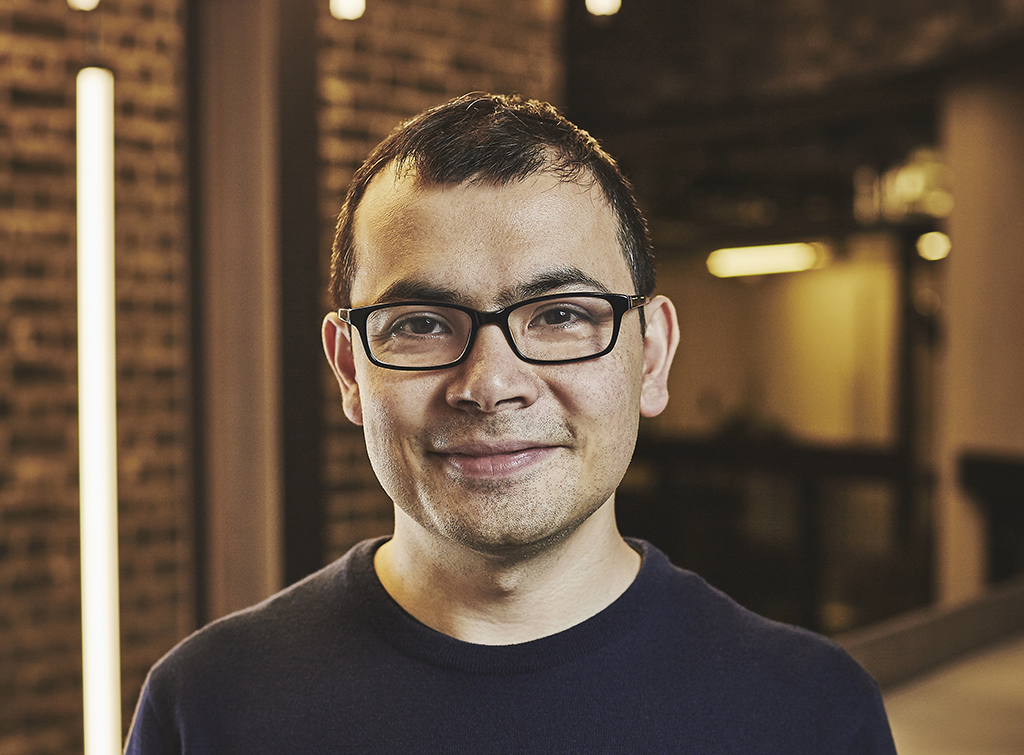 EMERGING TECH
EMERGING TECH
 EMERGING TECH
EMERGING TECH
 EMERGING TECH
EMERGING TECH
Alphabet Inc.-owned DeepMind Technologies Ltd. is one of the companies leading the charge in the recent artificial intelligence boom, and now it wants to share what it’s learning.
The company announced today that it will offer its expertise through a new Masters-level course on machine learning at University College London.
The class, which is called Advanced Topics in Machine Learning, will be led by DeepMind’s Thore Graepel and will focus on the complicated math and science behind deep learning. It will also teach students how to implement deep learning algorithms in TensorFlow, Google’s open source machine learning library.
Announcing the new class in a blog post today, DeepMind Chief Executive and co-founder Demis Hassabis (pictured) explained why he believes that it is important for DeepMind to maintain close ties with academia. “When I was studying in the mid-90s as an undergraduate, there was very little active engagement between the academic communities pushing the boundaries of maths and science, and the industries that many students ended up going into, such as finance,” he said. “This struck me as a missed opportunity.”
Hassabis noted that DeepMind has published more than 100 publicly available research papers on its machine learning methods, and the company continues to present at a number of conferences around the world. The company also open-sourced DeepMind Labs, a 3D AI training framework that allows developers to test out their agents in 3D virtual environments.
In addition to the class at University College London, this month DeepMind also began teaching a course on natural language processing at the University of Oxford, which is open to fourth-year undergraduates, Masters students and first-year Ph.D. students. DeepMind also sponsors a number of Ph.D. programs at universities around the world, among them the University of Alberta, University of Montreal, University of Amsterdam, Gatsby Unit at University College London, New York University and University of Oxford.
“We see the links between company research labs and academia as central to the future of AI,” Hassabis said. “By continuing to share talent, expertise and breakthroughs — not just on technical subjects, but also on the broader set of questions around ethics, safety and societal impact — we believe we’ll all make better progress in the development of artificial intelligence and its application for positive social benefit.”
Support our open free content by sharing and engaging with our content and community.
Where Technology Leaders Connect, Share Intelligence & Create Opportunities
SiliconANGLE Media is a recognized leader in digital media innovation serving innovative audiences and brands, bringing together cutting-edge technology, influential content, strategic insights and real-time audience engagement. As the parent company of SiliconANGLE, theCUBE Network, theCUBE Research, CUBE365, theCUBE AI and theCUBE SuperStudios — such as those established in Silicon Valley and the New York Stock Exchange (NYSE) — SiliconANGLE Media operates at the intersection of media, technology, and AI. .
Founded by tech visionaries John Furrier and Dave Vellante, SiliconANGLE Media has built a powerful ecosystem of industry-leading digital media brands, with a reach of 15+ million elite tech professionals. The company’s new, proprietary theCUBE AI Video cloud is breaking ground in audience interaction, leveraging theCUBEai.com neural network to help technology companies make data-driven decisions and stay at the forefront of industry conversations.